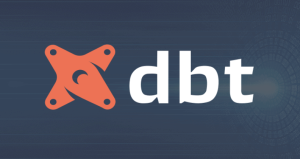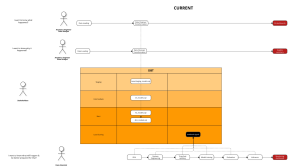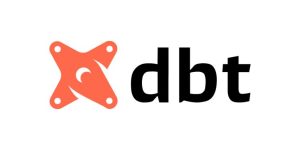Businesses are always seeking innovative ways to harness their data. So we’re excited to introduce you to Canvas, a game-changing spreadsheet-based BI tool offering an end-to-end data storage, transformation, and integration solution.
Its intuitive interface and powerful capabilities can unleash the potential of your data analytics and empower your teams to make well informed decisions.
What Makes Canvas Different?
Harnessing the power of spreadsheets
Built on the familiar spreadsheet paradigm, Canvas allows users to leverage their existing spreadsheet skills to perform advanced data analysis. With its extensive functions, formulas, and drag-and-drop interface, you can manipulate and transform your data effortlessly, gaining deeper insights and uncovering hidden patterns.
It lets business teams make decisions independently and gives data teams time back to focus on impactful, strategic work – the reason they fell in love with data in the first place.

Integrate your data from 150+ platforms without engineering
Canvas offers an end-to-end solution for all your data needs. It seamlessly handles data storage, transformation, and integration, eliminating the need for multiple tools and simplifying your data management process. Therefore, you can focus on extracting meaningful insights from your data rather than getting lost in complex workflows.
Thanks to Canvas, data transformation has become a breeze. Say goodbye to manual data manipulation and hello to streamlined data preparation.
Canvas’s robust integration capabilities enable you to connect and consolidate data from various sources:
E-commerce platform: Shopify
CRM: Hubspot, Salesforce, Outreach
Marketing automation platform: Marketo, Klaviyo, Zendesk
CDP: Segment
Payment processing platform: Stripe
Social media platform: Facebook, Instagram, LinkedIn, Twitter, Youtube
Ads reporting: Apple search, Facebook, Google, LinkedIn, Microsoft, Pinterest, Snapchat, Tiktok, Twitter
Unlock insights with 30+ built-in & cross-platform dashboards
Organizations need quick and easy access to actionable insights in today’s data-driven world. That’s where Canvas’s solution comes in. With over 30 built-in dashboards, it provides a comprehensive range of pre-designed visualizations that cover various business functions and industries. These dashboards are meticulously crafted to highlight key metrics, trends, and patterns, enabling users to gain valuable insights at a glance. Whether you’re monitoring sales performance, analyzing marketing campaigns, or tracking customer behavior, the extensive library of dashboards has you covered!
But it doesn’t stop there. Canvas team understand that data resides in multiple platforms and systems. That’s why their solution offers seamless cross-platform integration. By bringing all your data together, you can uncover correlations, identify opportunities, and confidently make data-driven decisions!

Outreach + Salesforce Templates
Who is Canvas for? Canvas Use Cases
Canvas is the perfect solution for businesses that need a dedicated data team or have a small-sized data team. With its user-friendly interface and powerful capabilities, Canvas enables these businesses to harness the power of data analytics without the need for extensive technical expertise.
Additionally, Canvas caters to online businesses that rely on platforms to drive their marketing, sales, and operations. Whether you’re utilizing e-commerce platforms, CRM systems, marketing automation platforms, etc., Canvas seamlessly integrates with these platforms to provide a holistic view of your business data.

Canvas Integration
If you’re curious about the success stories of businesses that have leveraged Canvas to enhance their performance, check out these case studies from canvasapp.com:
- How Anvil uses Canvas to tie everyday decisions to revenue<!– –> – Canvas Blog
- How Solace Health uses Canvas to acquire customers faster<!– –> – Canvas Blog
- How Canvas enables Stellar to experiment and prioritize faster<!– –> – Canvas Blog
- Building a dbt project from scratch - January 15, 2024
- dbt Incremental part 2: Implementing & Testing - January 5, 2024
- Inventory Management & Demand Forecasting for E-commerce Sellers + Tutorial - December 18, 2023



